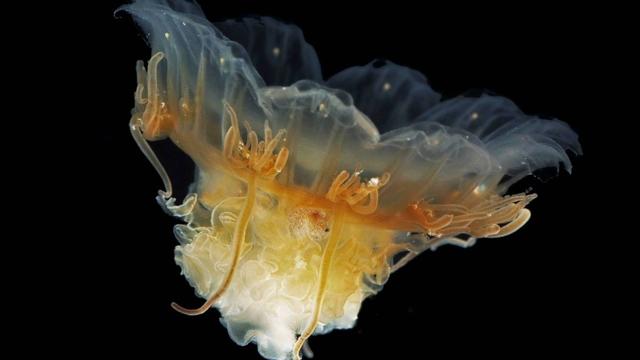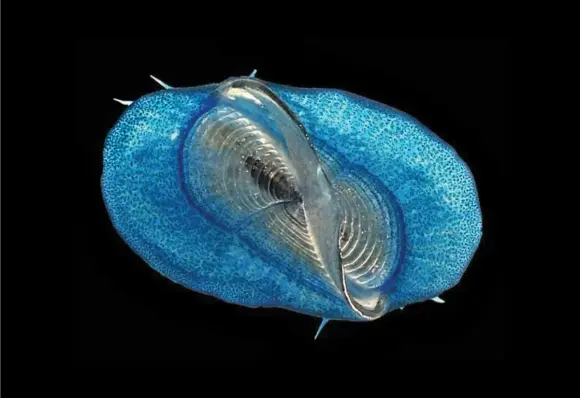#Jellyfish may dominate the future Arctic Ocean https://www.awi.de/en/about-us/service/press/single-view/quallen-koennten-kuenftig-den-arktischen-ozean-dominieren.html
Pan-#Arctic distribution modeling reveals #ClimateChange driven poleward shifts of major gelatinous #zooplankton species https://aslopubs.onlinelibrary.wiley.com/doi/full/10.1002/lno.12568
"jellyfish and other gelatinous zooplankton could be some of the few organism groups to benefit from #climate change... the transparent #cnidarians, #ctenophores and pelagic #tunicates thrive on rising water temperatures, nutrient contamination and #overfishing."

